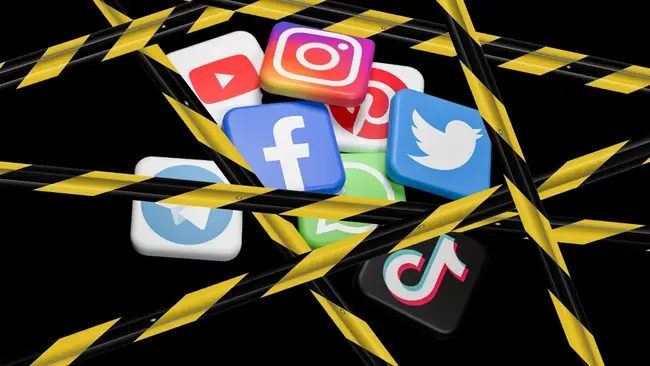From the launch of the World Wide Web just over 40 years ago to the rise of AI with the release of ChatGPT in November last year, technology continues to revolutionise how we work, communicate and collaborate.
With great change, however, comes great resistance — especially when the technology in question impacts the very fabric of society. Over the years, governments and lawmakers around the world have introduced a range of restrictions and regulations to dampen the impact of technological innovation and lower its risk to society.
The most notable example is the EU’s recently implemented Digital Services Act, which serves to create a safer digital space by protecting people’s personal data online and preventing large tech companies from gaining total dominion over their respective markets.

While regulatory measures like this serve to protect society from the implications of rapid technological development, others seek to eradicate specific technologies from society entirely by issuing country-wide bans that remove access to certain technologies.
From restricting small, dangerous gadgets, or blocking entire social media networks, we're counting down some of the most shocking technology bans in history.







Comments ( 0 )